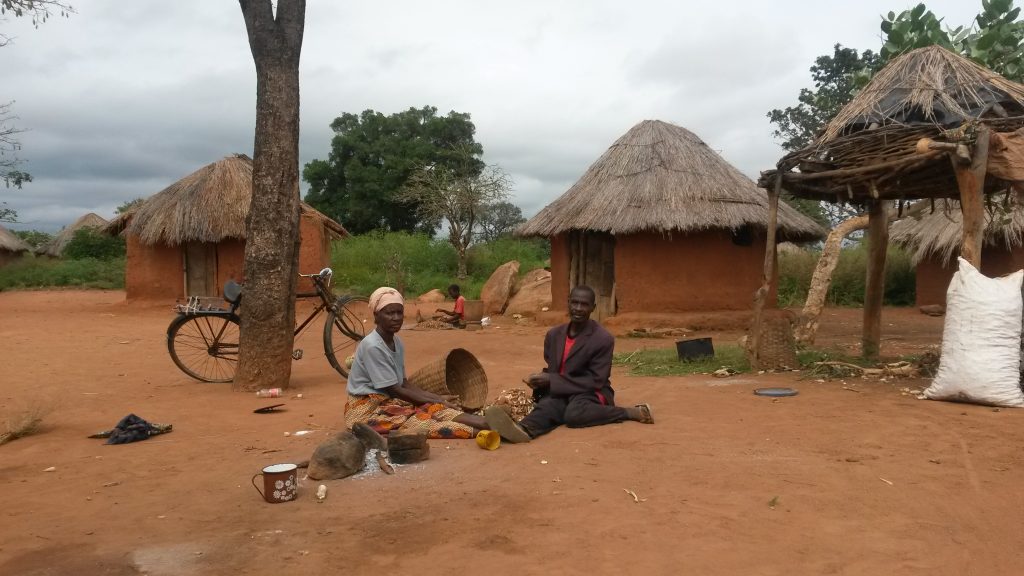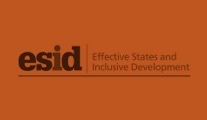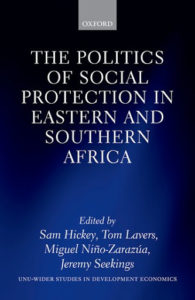Researching the politics of development
Social
Protection

When and how do states decide to protect their citizens? And what makes them able to act on this political will?
Social protection is inherently political. Political ideology, interests of ruling elites and state-society relations all shape whether and how governments intervene to protect citizens from poverty and insecurity.
Through comparative research, we have found that different types of political system have responded in distinct ways to global calls to expand social protection and that states vary considerably in their capacity to deliver.
Key findings
The types of political settlement in place in different countries, and the shifting dynamics of power relations involving elites and citizens, have directly shaped the levels of commitment to social protection that have emerged. This also impacts the extent to which transnational efforts to build advocacy coalitions have been effective.
We found the main factors influencing commitment to social protection are:
 The type of political settlement in place in a country
The type of political settlement in place in a country
 The presence of a coherent policy coalition, comprising both government and development partners.
The presence of a coherent policy coalition, comprising both government and development partners.
 A crisis that constitutes a threat to the prevailing political settlement, forcing political elites to act.
A crisis that constitutes a threat to the prevailing political settlement, forcing political elites to act.
 Competitive electoral pressures to deliver visible benefits to win popular support.
Competitive electoral pressures to deliver visible benefits to win popular support.
 The strength of opposition and the ability of the ruling coalition to overrule them.
The strength of opposition and the ability of the ruling coalition to overrule them.
Vital to understanding why ruling elites decide to protect citizens is the role of ideas. Does the expansion of social protection aligned with elites’ paradigmatic and normative ideas around state responsibility and development? The answer will greatly impact commitment to the programme.
Hear Tom Lavers speak about the politics of social protection in Ethiopia
Case study: Social Protection and the Three Cs
Context
Successive crises of food insecurity in Ethiopia came to be seen as a threat to national security that had to be dealt with. Ethiopia swiftly translated this new policy agenda of cash transfers into a model that made sense within the context of its own productivist development strategy, rather than simply adopting externally promoted models.
Capacity
The Ethiopian government has for some time possessed an unusual capacity – compared to others in Africa – to implement federal policy initiatives. This has enabled the relatively effective delivery of the PSNP. But state capacity and performance of the programme vary hugely within Ethiopia.
Coalitions
International actors helped to design and finance the scheme, and the adoption of a cash-transfer element was clearly influenced by an international agenda. Yet international momentum was always secondary to whether political context and state capacity would allow a programme like this to proceed.







